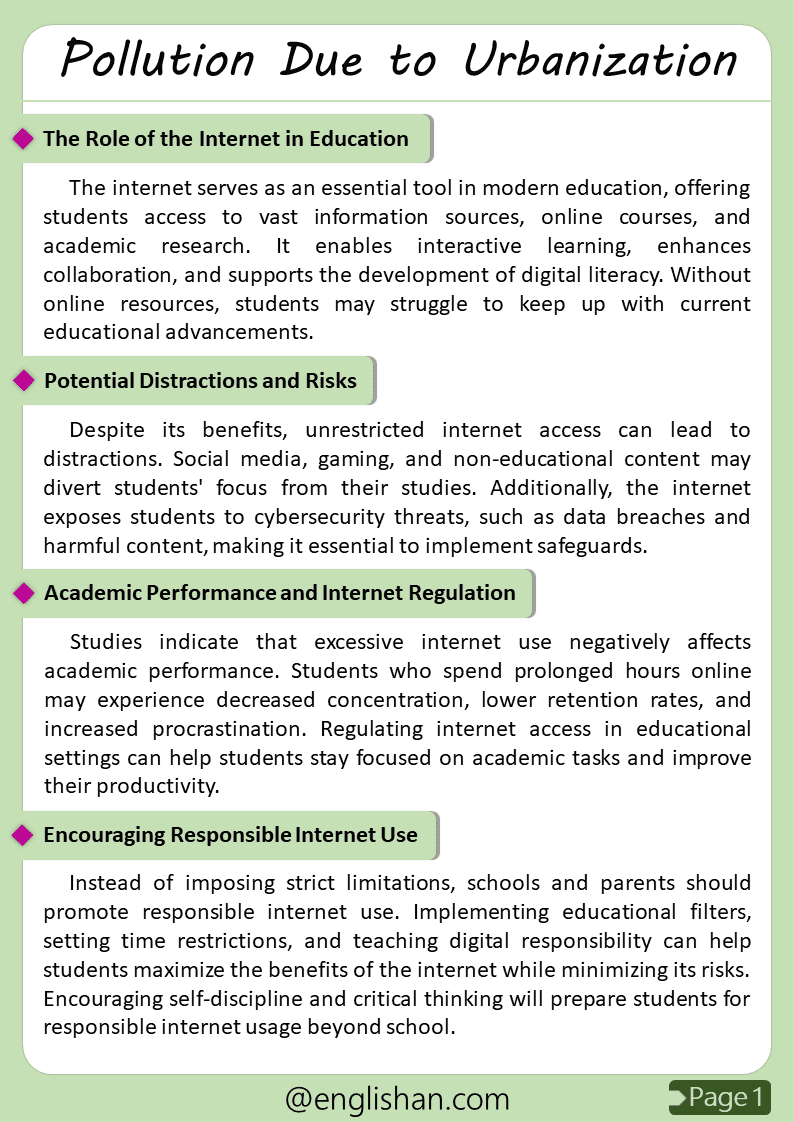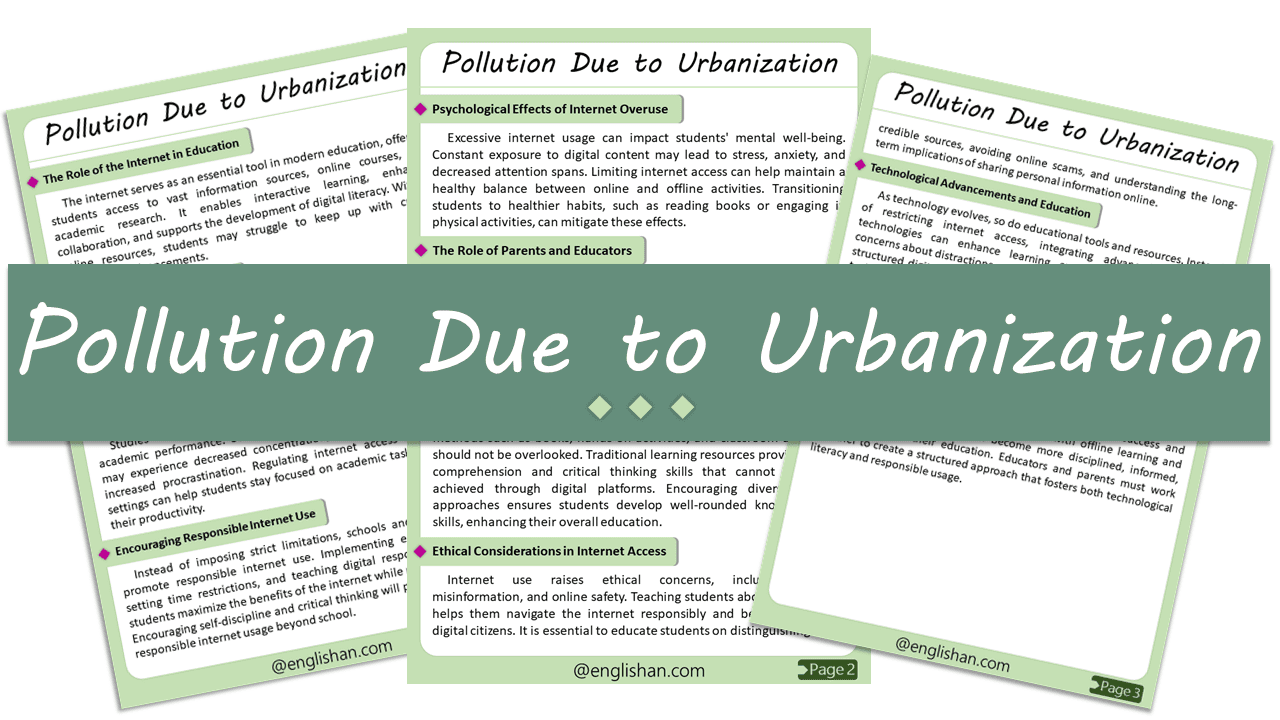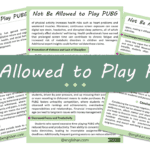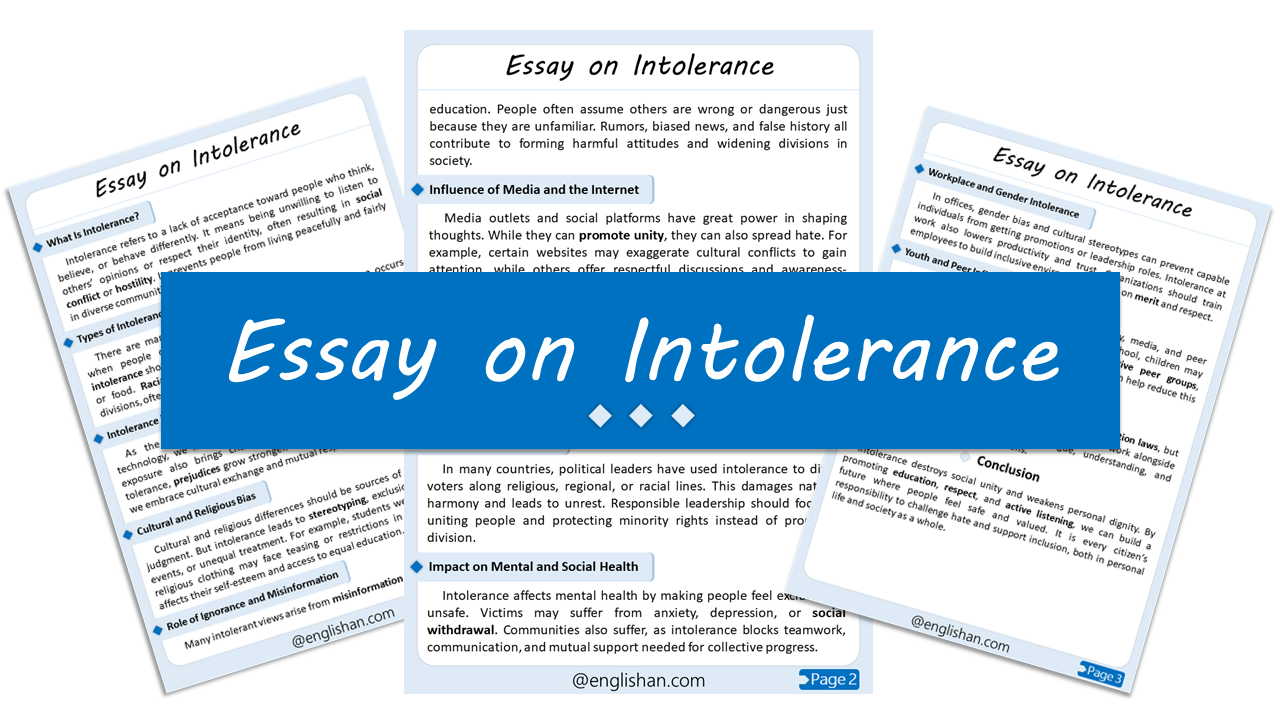When writing about Should Students Get Limited Access to the Internet Essay, it’s important to understand how students use the internet for learning and how too much access can cause problems. This essay explains the main benefits, risks, and reasons for limiting internet use. It’s written in 500 words to help students with homework or exams. You can download this essay as a free PDF or image to study or print.
10 Lines Should Students Get Limited Access to the Internet Essay for Class 2 to Class 5
- The internet is useful for learning and finding information.
- Students use the internet for school projects and homework.
- Too much internet time can be bad for health.
- Some websites are not safe for children.
- Limited access helps students use the internet wisely.
- Parents and teachers should guide internet use.
- The internet can help students learn new skills.
- Limited time on the internet keeps students focused on studies.
- It also helps protect students from harmful content.
- Students should use the internet carefully and with limits.

250 Words Essay on Should Students Get Limited Access to the Internet for Middle School
The internet is an important tool for students today. It helps them find information quickly and learn many new things. Students use the internet for homework, school projects, and to improve their knowledge. However, unlimited access to the internet can cause problems.
Too much time on the internet can affect students’ health. It can cause eye strain, headaches, and reduce physical activity. Also, not all websites are safe or suitable for children. Some websites contain harmful content that can confuse or scare young students.
Because of these reasons, many people believe students should have limited access to the internet. Limiting internet use means students can focus more on their studies and other activities. It also helps protect them from inappropriate content and online dangers.
Parents and teachers should help students use the internet wisely. They can set rules about how much time students can spend online and which sites are safe to visit. This way, students can enjoy the benefits of the internet while staying safe.
In conclusion, limited access to the internet is a good idea for students. It encourages healthy habits, protects them from harm, and helps them use technology responsibly.
500 Words Should Students Get Limited Access to the Internet Essay for Upper Primary and Lower Secondary
The Role of the Internet in Education
The internet serves as an essential tool in modern education, offering students access to vast information sources, online courses, and academic research. It enables interactive learning, enhances collaboration, and supports the development of digital literacy. Without online resources, students may struggle to keep up with current educational advancements.
Potential Distractions and Risks
Despite its benefits, unrestricted internet access can lead to distractions. Social media, gaming, and non-educational content may divert students’ focus from their studies. Additionally, the internet exposes students to cybersecurity threats, such as data breaches and harmful content, making it essential to implement safeguards.
Academic Performance and Internet Regulation
Studies indicate that excessive internet use negatively affects academic performance. Students who spend prolonged hours online may experience decreased concentration, lower retention rates, and increased procrastination. Regulating internet access in educational settings can help students stay focused on academic tasks and improve their productivity.
Encouraging Responsible Internet Use
Instead of imposing strict limitations, schools and parents should promote responsible internet use. Implementing educational filters, setting time restrictions, and teaching digital responsibility can help students maximize the benefits of the internet while minimizing its risks. Encouraging self-discipline and critical thinking will prepare students for responsible internet usage beyond school.
Psychological Effects of Internet Overuse
Excessive internet usage can impact students’ mental well-being. Constant exposure to digital content may lead to stress, anxiety, and decreased attention spans. Limiting internet access can help maintain a healthy balance between online and offline activities. Transitioning students to healthier habits, such as reading books or engaging in physical activities, can mitigate these effects.
The Role of Parents and Educators
Parents and teachers play a crucial role in guiding students toward responsible internet use. By setting rules, monitoring online activities, and engaging in discussions about digital safety, they can ensure students use the internet productively and securely. Educators can integrate digital literacy programs to help students understand online risks and ethical internet usage.
Alternatives to Internet-Based Learning
While the internet is a valuable educational tool, alternative learning methods such as books, hands-on activities, and classroom discussions should not be overlooked. Traditional learning resources provide deeper comprehension and critical thinking skills that cannot always be achieved through digital platforms. Encouraging diverse learning approaches ensures students develop well-rounded knowledge and skills, enhancing their overall education.
Ethical Considerations in Internet Access
Internet use raises ethical concerns, including privacy, misinformation, and online safety. Teaching students about digital ethics helps them navigate the internet responsibly and become informed digital citizens. It is essential to educate students on distinguishing credible sources, avoiding online scams, and understanding the long-term implications of sharing personal information online.
Technological Advancements and Education
As technology evolves, so do educational tools and resources. Instead of restricting internet access, integrating advanced educational technologies can enhance learning experiences while addressing concerns about distractions and misuse. Schools should implement safe, structured digital learning environments that maximize the benefits of technology while minimizing risks.
Conclusion
Limiting students’ access to the internet has both benefits and drawbacks. While excessive usage may lead to distractions and lower academic performance, the internet remains a valuable educational tool. Rather than restricting access entirely, promoting responsible use can help students develop essential skills for academic success and future careers. By balancing internet access with offline learning and ethical awareness, students can become more disciplined, informed, and successful in their education. Educators and parents must work together to create a structured approach that fosters both technological literacy and responsible usage.

Difficult Words Used in 500 Should Students Get Limited Access to the Internet Essay
| Word | Meaning |
|---|---|
| Digital Literacy | The ability to use digital technology effectively |
| Cybersecurity | Protection of digital systems from cyber threats |
| Procrastination | The act of delaying tasks or responsibilities |
| Regulation | The enforcement of rules and restrictions |
| Productivity | The ability to complete tasks efficiently |
Should Students Get Limited Access to the Internet Essay PDF
You May Also Like






